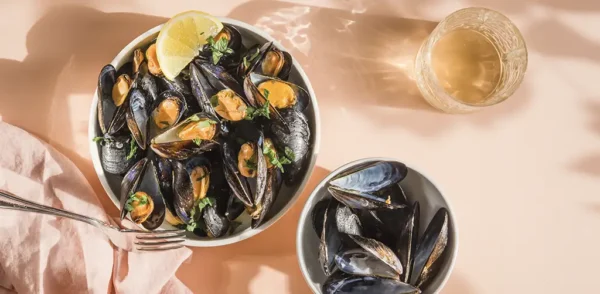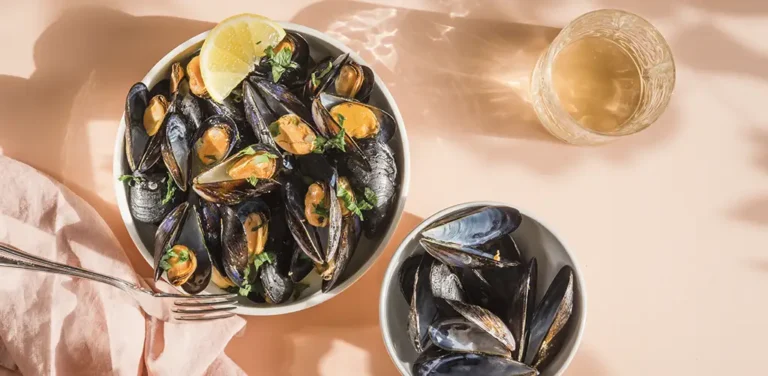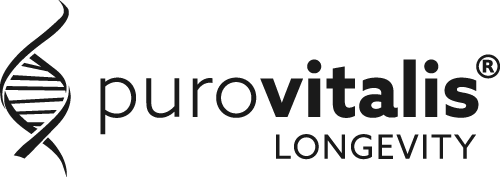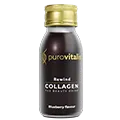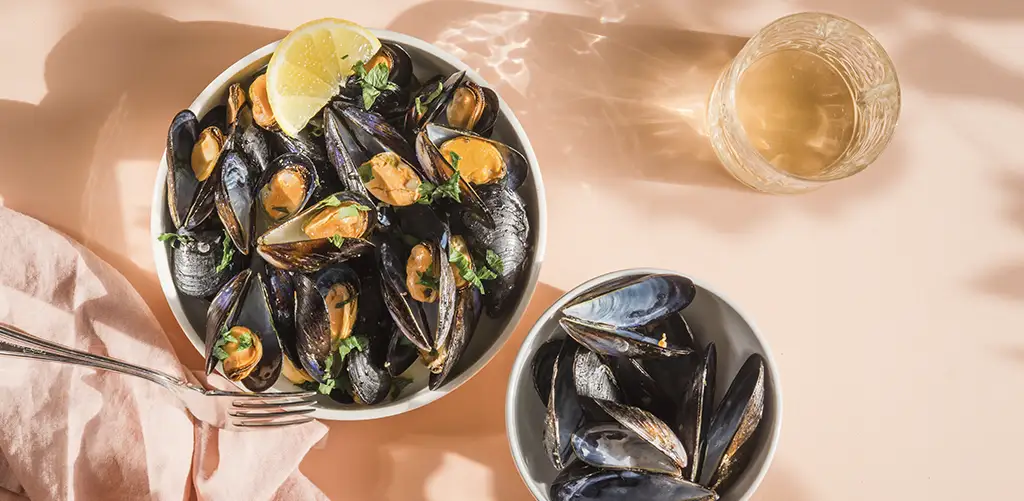
Selenium plays an important role in overall health, even though the body only needs small amounts. Many foods naturally contain selenium, making it easy to get through diet. This mineral helps the immune system work properly, supports thyroid function, and protects cells from damage. Because the body can’t make selenium on its own, eating selenium-rich foods is essential for staying healthy and avoiding deficiencies.
What is selenium good for?
Selenium is essential for many processes in the body. It acts as a powerful antioxidant, protecting cells from oxidative stress. It also supports immune function [1] and plays a vital role in thyroid hormone production [2]. Research suggests that selenium may help maintain cognitive function [3] and promote heart health.
Read all about the benefits of Selenium here: Selenium – benefits, usage, side effects and dosage.
What foods contain selenium?
Getting enough selenium each day is simpler than many people realize. A variety of everyday foods provide selenium, making it easy to include in regular meals. Below is a table showing how much selenium different foods provide and how much is needed to meet the recommended daily intake[4]:
| Food source | Selenium content per serving | Amount needed to meet daily requirement (55 mcg for adults) |
|---|---|---|
| Brazil nuts | 68-91 mcg per nut | 1-2 nuts |
| Tuna | 92 mcg per 100g | ~60g |
| Sardines | 45 mcg per 100g | ~120g |
| Salmon | 40 mcg per 100g | ~140g |
| Chicken | 22-25 mcg per 100g | ~220g |
| Beef | 18-20 mcg per 100g | ~275g |
These foods are excellent selenium sources and can be easily incorporated into everyday meals to maintain optimal selenium levels.
Brazil nuts
Brazil nuts are one of the richest sources of selenium. Just one or two nuts per day can meet the daily recommended intake, making them a simple and effective way to ensure sufficient selenium levels. In addition to selenium, Brazil nuts contain healthy fats, magnesium, and antioxidants that support heart health and reduce inflammation. However, consuming too many Brazil nuts can lead to excessive selenium intake, which may cause toxicity.
Seafood
Seafood is another great source of selenium, with tuna, sardines, salmon, and shrimp providing high amounts of this essential mineral. Selenium in fish helps support heart health by reducing oxidative stress and promoting proper thyroid function. Fatty fish like salmon and sardines also contain omega-3 fatty acids, which work together with selenium to support brain function and cardiovascular health.
Animal based protein – chicken, ham, beef etc.
Animal-based proteins such as chicken, beef, and turkey are excellent sources of selenium. These proteins are vital for muscle repair, immune function, and overall cellular health. Selenium in these foods plays a key role in protecting against oxidative damage and ensuring proper thyroid function. Choosing lean meats like chicken and turkey provides selenium without excess saturated fats.
Grains
Whole grains such as brown rice, oats, and whole wheat bread contain selenium, offering a plant-based source of this essential mineral. Although grains have lower selenium content compared to animal products or Brazil nuts, they still contribute to overall selenium intake. Whole grains also provide fiber, B vitamins, and other nutrients beneficial for digestion and metabolic health.
You might also like: Vitamins and supplements for anti-aging: The complete list
Selenium in vegetarian and vegan diets
If you follow a vegetarian or vegan diet, getting enough selenium is still possible with the right food choices. While animal products tend to have the highest selenium levels, plant-based sources like Brazil nuts, sunflower seeds, mushrooms, and whole grains can also provide what you need. However, the selenium content in these foods depends on the soil they’re grown in, so levels can vary. By eating a mix of different selenium-rich plant foods, you can maintain a good intake without needing animal products.
Related: Source of collagen for vegetarians
How cooking affects selenium levels
Cooking methods can change how much selenium stays in food. Boiling and steaming help keep selenium in food better than frying, since high heat and long cooking times can lower its levels. Meats and seafood hold onto more selenium when baked or grilled instead of deep-fried. Whole grains and vegetables usually keep their selenium unless they’re overly processed or cooked too long. Using mild cooking methods helps keep selenium in your food.
Related: The complete guide to nutrition for longevity – foods, diets, and more
Conclusion
Selenium is an essential nutrient that supports immune function, metabolism, and overall well-being. Including selenium-rich foods like Brazil nuts, fish, poultry, and whole grains in your diet helps maintain optimal health. Since selenium is naturally found in a variety of foods, a well-balanced diet is the best way to prevent deficiencies and support long-term well-being.
References:
1. Hoffmann, P. R., & Berry, M. J. (2008). The influence of selenium on immune responses. Nutrients, 5(4), 1138-1148. https://pmc.ncbi.nlm.nih.gov/articles/PMC3723386/
2. Gärtner, R., Gasnier, B. C. H., Dietrich, J. W., Krebs, B., & Angstwurm, M. W. A. (2002). Selenium supplementation in patients with autoimmune thyroiditis decreases thyroid peroxidase antibodies concentrations. Clinical Endocrinology, 56(1), 63-70. https://academic.oup.com/jcem/article-abstract/87/4/1687/2374966
3. Berr, C., Balansard, B., Arnaud, J., Roussel, A. M., & Alpérovitch, A. (2000). Cognitive decline is associated with systemic oxidative stress: the EVA study. Neuroepidemiology, 19(1), 37-43. https://pubmed.ncbi.nlm.nih.gov/11037017/
4. Office of Dietary Supplements, National Institutes of Health. Selenium – Health Professional Fact Sheet. Updated April 15, 2024. Available at: https://ods.od.nih.gov/factsheets/Selenium-HealthProfessional/
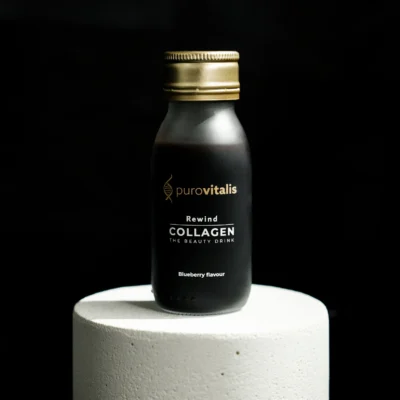
Experience the best of Collagen with Purovitalis liquid formula. Try it out!
